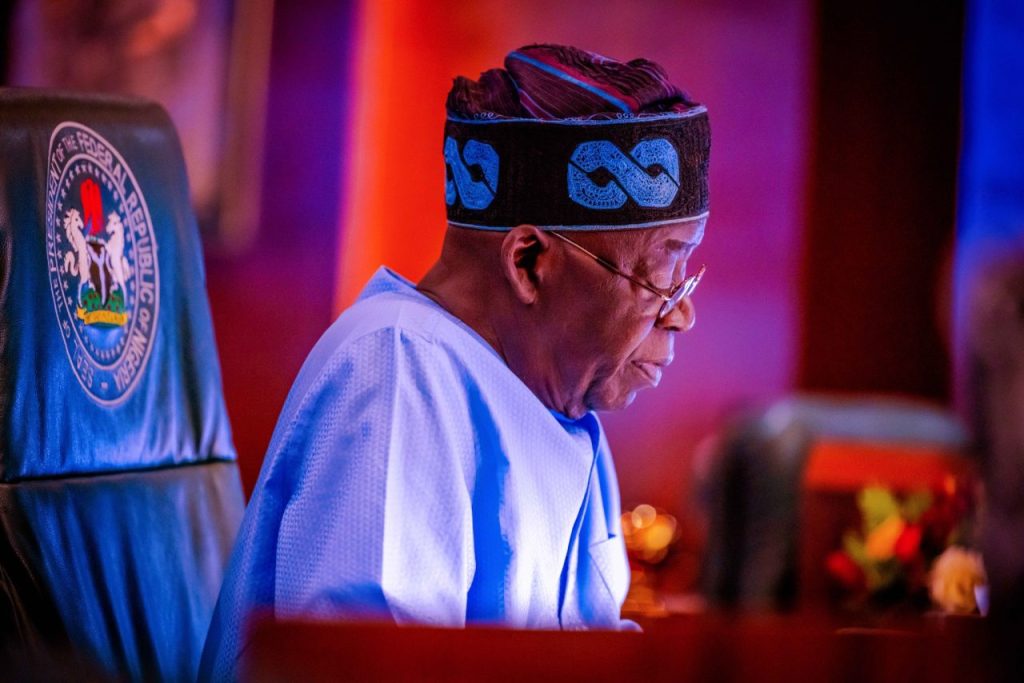President Bola Tinubu has called for a review of the global tax system. The president made this call during the third south summit of the Group of 77 and China, which began on Sunday in Kampala, Uganda.
The summit hosted many heads of state and government and heads of international organisations, including UN Secretary-General Antonio Guterres.
A global tax is a system of taxation that applies across national borders to create a fair and efficient way to collect revenue from multinational corporations and individuals with significant international income.
Tinubu stated that redressing the imbalance in the international tax regime has become imperative.
According to Folasade Boriowo, director of information for the ministry, the president was represented by Atiku Bagudu, minister of budget and economic planning.
Tinubu, speaking at the ‘Leaving No One Behind’ summit, stated that the issue of global taxation is pressing because it affects developing countries.
He said:
“The current international tax systems, largely shaped by the interests of more affluent nations, often leave developing countries at a disadvantage, especially in taxing digital economies.”
“This systemic imbalance has led to significant revenue losses, hampering our efforts towards sustainable development and economic self-reliance.”
According to the statement, Nigeria, along with other African Group members, spearheaded a historic initiative at the United Nations calling for a framework convention on taxation.
This resolution, according to the president, is a critical step towards creating a more equitable and inclusive global tax system.
Tinubu also thanked all of the countries that backed the global tax review initiative.
He stated that their unity reflects “our shared commitment to rectifying the inequities of the current tax system and fostering a more just economic order.”
Furthermore, the politician stated that the country is committed to South-South collaboration, emphasising the importance of triangular cooperation.
“This partnership model, involving developing countries, developed nations and international organisations, offers a comprehensive approach to address global challenges.”
“Such cooperation enriches Nigeria’s strategies for sustainable development, ensuring inclusivity and maximising the impact of our collective efforts.”
Tinubu reaffirmed Nigeria’s commitment to multilateralism and the Bandung principles, saying that as the G77 looks to the future, it should envision a movement that is responsive to the needs and aspirations of its member states.
